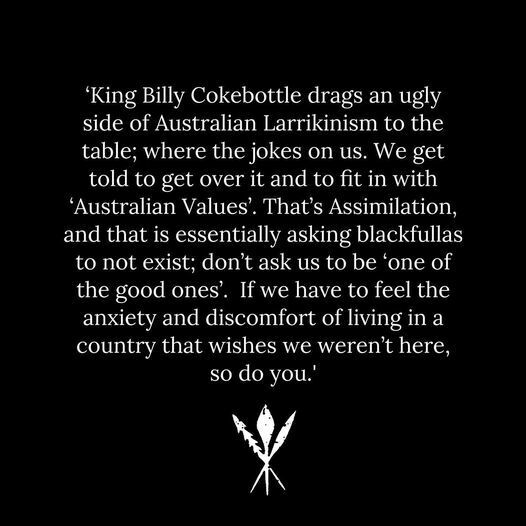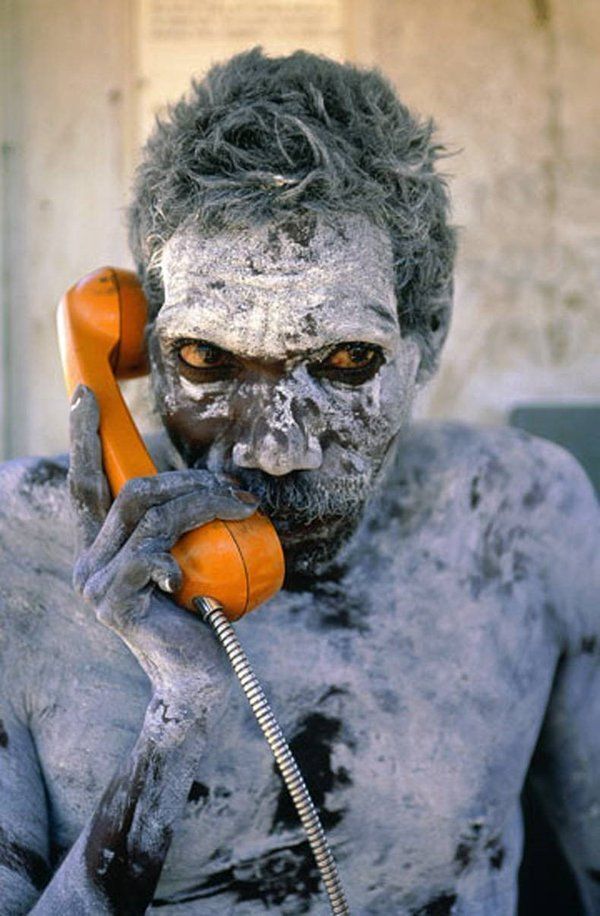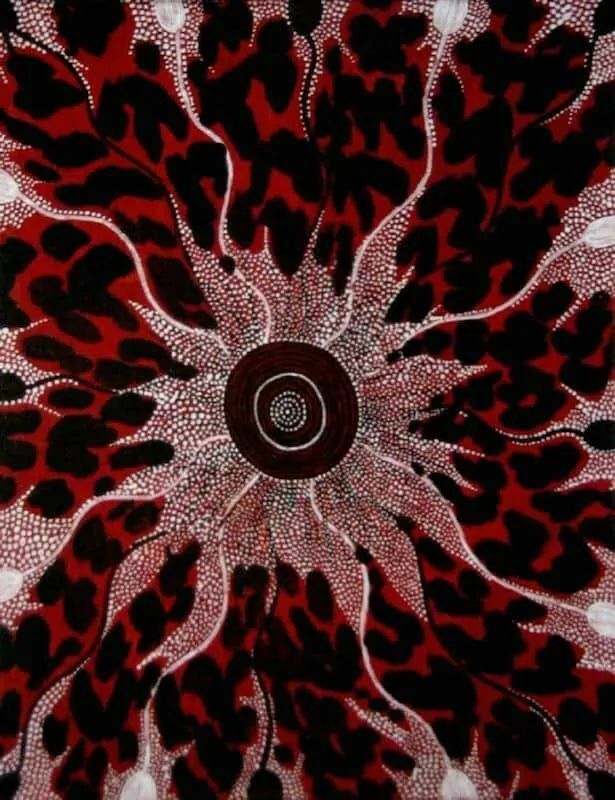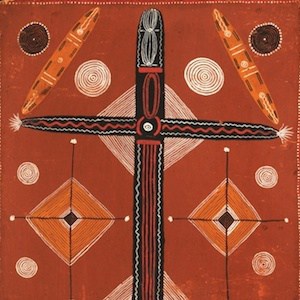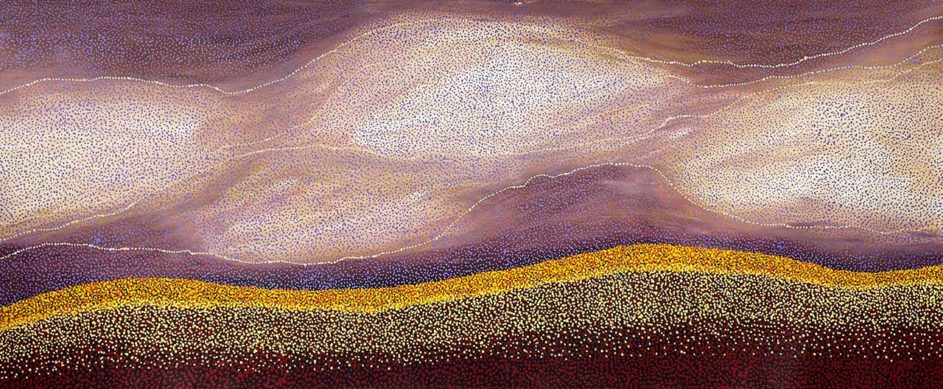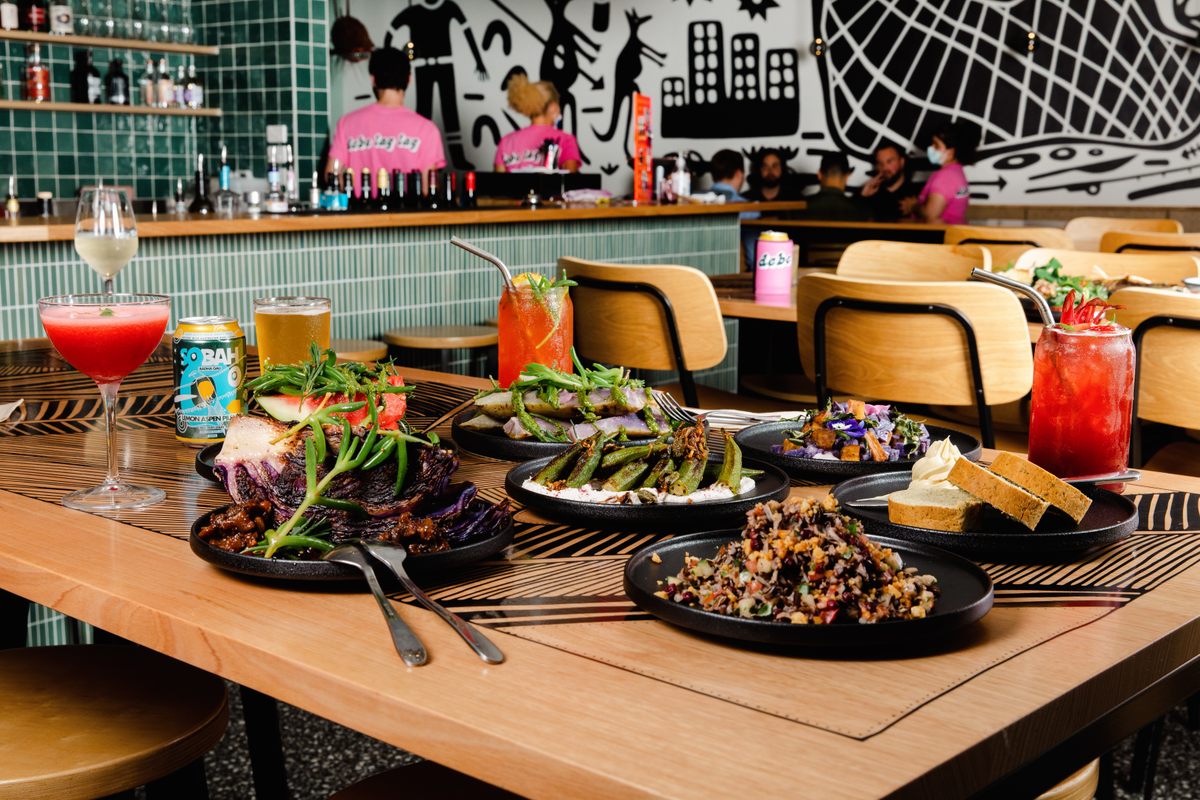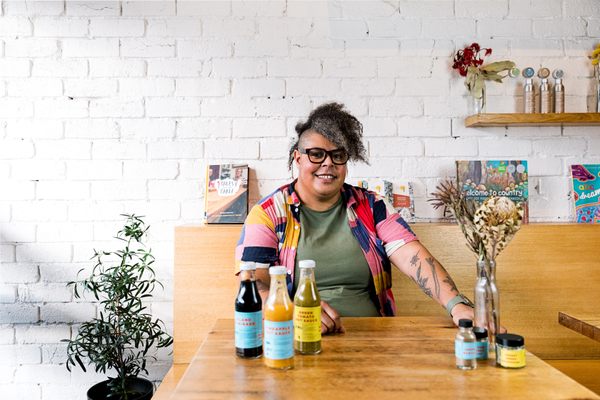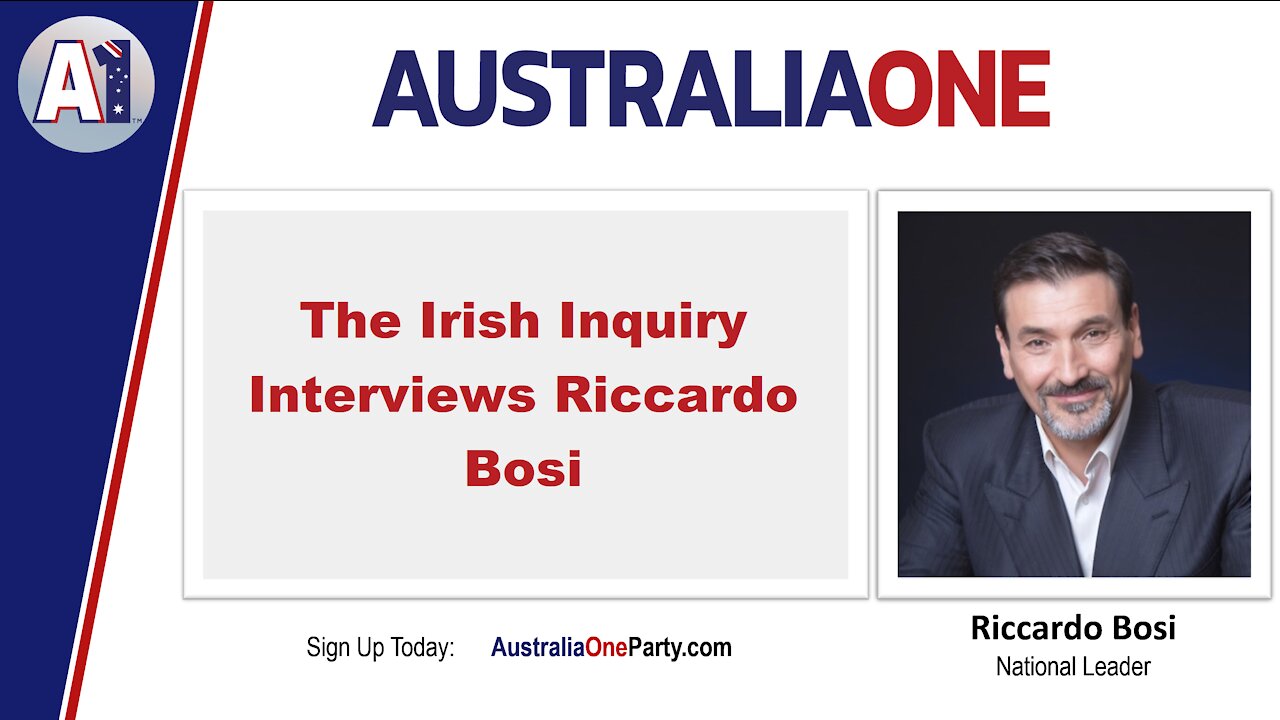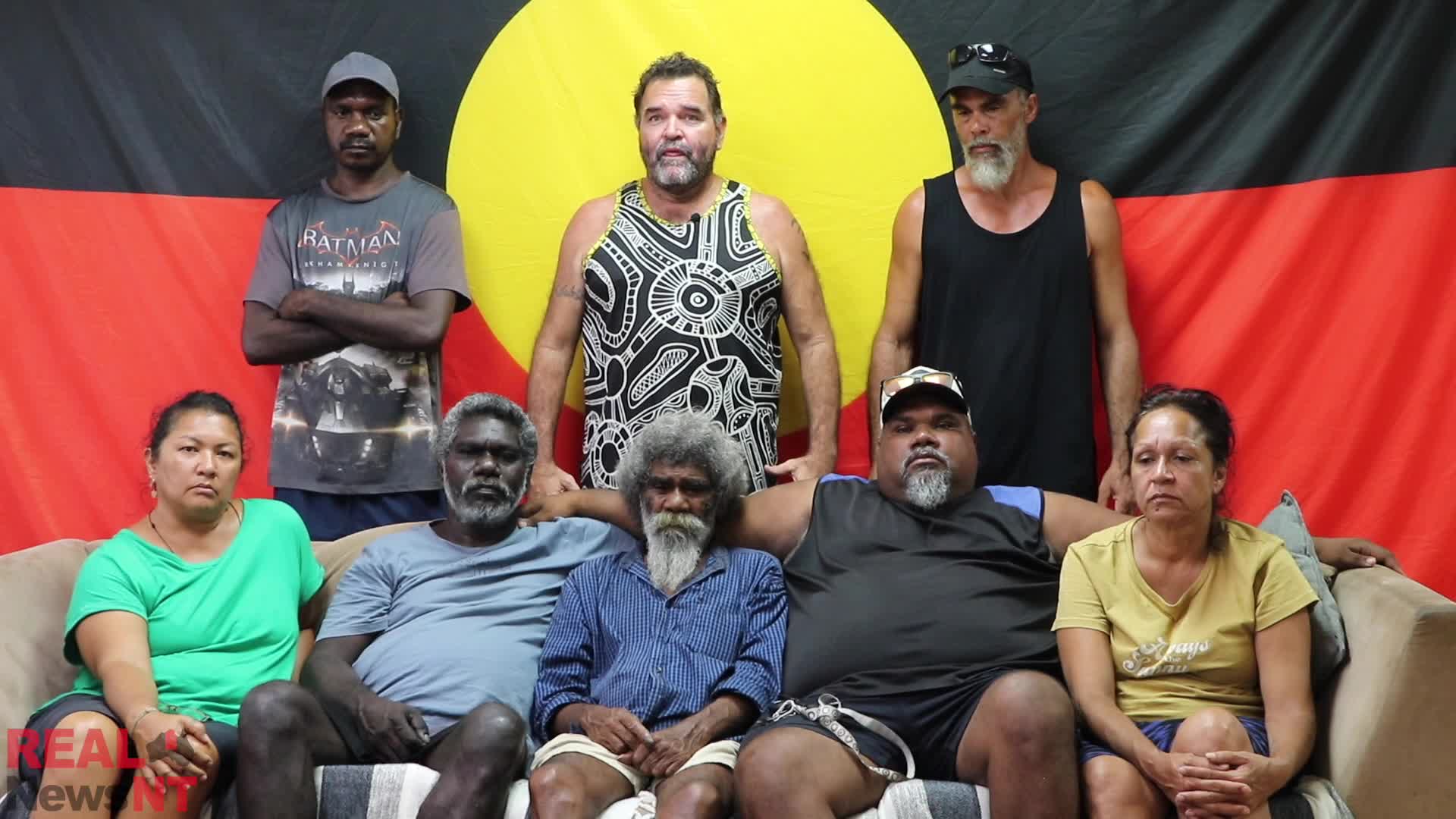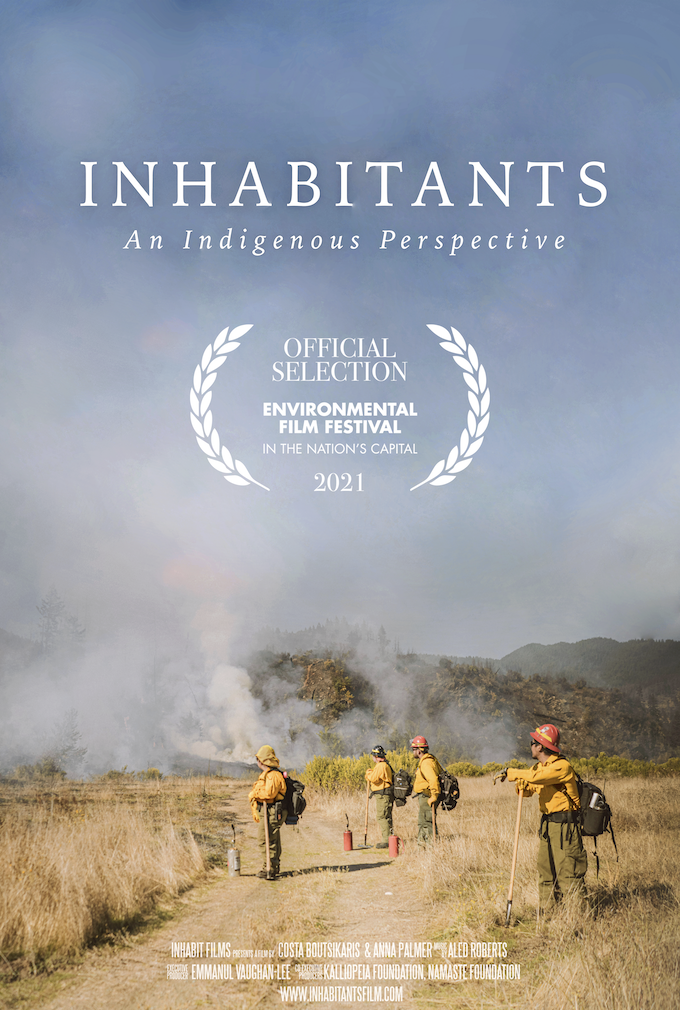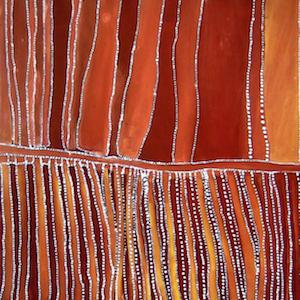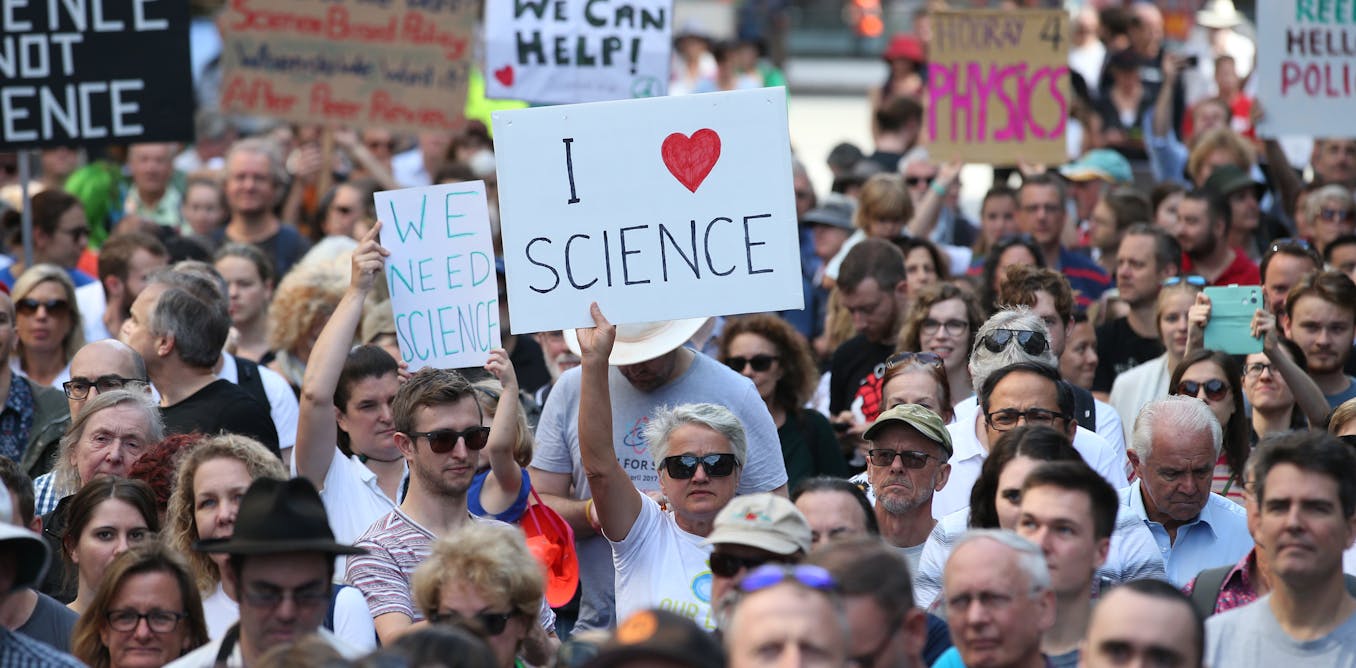I know this for a fact. I was #blacklisted by The World Bank & the Australian Government in 1998, so no #research institution or #University would ever give me a job worldwide as a #Scientist. This followed my exposure of the supression of vital studies by the Australian Government since 1988, which demonstrated that the Great Barrier Reef was in serious peril from #Climate #Warming, coastal pollution and the Crown of Thorns seastar. In1998, I attended the "Coral Reef Initiative #Symposium" in #Townsville - a Think Tank with 365 Coral Reef experts from around the world, aimed at finding out the state of health of coral reefs around the world and proposing management strategies for the next 2 years. Unfortunately, the amazing results of4 days deliberations were watered down by the World Bank, and no real policy changes requested from governments to protect reefs...
I participated as an independent #Environmental #Education #Activist and was asked to head one of the many workshops taking place throughout 4 days. I distributed a document exposing the Australian Government's #suppression of information for the past 10 years on the state of Health of the Great Barrier Reef. In this document I presented scientific evidence of the impacts on the #GBR of coastal pollution, global warming and the Crown of Thorns seastar infestation. I rejected the Australian Government's statement that the GBR was in "excellent condition".
I cited Australian research concluding that over 500 km of the GBR were extremely damaged and #bleached (i.e. 25% of the whole #reef). I also cited evidence (33 pages) of the destruction of most litoral reefs, the breach and disregard of environmental protection laws by most Australian Government Agencies, and the abuse of #Aboriginal Rights.
I was present when the World Bank representative told the participating scientists: "You are not allowed to either publish nor disclose to the public or the media any Information discussed during this symposium. We remind you that we directly or indirectly fund your institution and/or your research. Any breach of confidentiality will result in loss of funding and dismissal!"
I was shocked! I said I didn't care as I wasn't affiliated to any institution and did my Environmental Education campaign at my own expense. I loudly decried the lies by the Australian Government and the #censorship by the World Bank.
My actions resulted in: 1) My name being deleted so I would not appear in the Proceedings if the Symposium; 2) The Australian Government banning the media from giving me any interviews: and 3) A "Vilification Campaign" aimed at discrediting me. The Australian Government representatives told everyone at the symposium that "Lilliana Corredor is an unknown person, a #trouble-maker, and is not even a true scientist. She's Colombian and we believe her Diplomas are forged, as commonly done in Colombia"...
I was told by a participant to quickly distribute copies of my Diplomas to key members of the symposium to refute the Australian Government's false claims. This I did.
To the dismay of the World Bank and the Australian Government officials, the newly appointed "#CRI Secretary" was Dr. BERNARD #SALVAT, a French scientist renowned as the number one coral reef specialist in the world- and he came out to my defense!
At the closing dinner, Dr Salvat stood up and decried the vindictive and falsehood of the rumors circulating around the Symposium discrediting me.
Dr. Salvat told the 365 participants that:
"1) Dr Corredor was my Coral Reef student at "Jussieu Paris VI University" in 1978-79;
2) She's one of the most knowledgeable scientists I know. She taught me a lot about the reefs of the Caribbean Sea on which she specialized.
3) Yesterday I spoke to Dr Kim #Ng, head of the School of Behavioural Sciences at La Trobe University in #Melbourne. He told me he knew Dr Corredor well, as he had been her PhD thesis supervisor for 5 years. He also told me she is one of the best students he has had.
4) I studied in detail the Submission she gave many of us regarding the impacts of coastal pollution, climate warming and crown of thorns on the GBR. I am shocked by the Australian Government's reaction to Dr #Corredor. She has done an extraordinary research paper and 'free of charge'. She ought to be commended and paid for her efforts instead of being vilified! This is outrageous and demerits the Australian Government!"
The #GBRMPA and other Australian officials went green in the face. Yet, one stood up and asked: "If Dr. Corredor's claims were true would she please explain what reason would the Australian Government have to suppress information on the reef?"
I replied that protecting the Tourist industry worth several billion dollars was a good reason.
How naive of me! Little did I know at the time that the real reason was to deny the imoact of Australian #Coal #mining industry on #Climate #warming - the culprit behind the massive bleaching of the GBR...
By the way, to this day the Australian Government demonstrates a total disregard for the environmental impacts of its industries. In fact, it has given the go ahead to the biggest #Carmichael Coal mine and coal ports at the door of the GBR!
Professor #Hughes, who was present at the Synposiun said nothing! Nowadays he appears on TV crying about the loss of the GBR and asking the Australian government to leave Coal in the ground and reduce carbon emissions... too late!
Morality of the story:
Scientists fearful of loosing their jobs help co-create ecological disasters. While dissenting scientists get gagged and sacked!
Dr. Lilliana Corredor
Founder & Coordinator
40 years Expertise in Water
Based in NSW, Australia.
